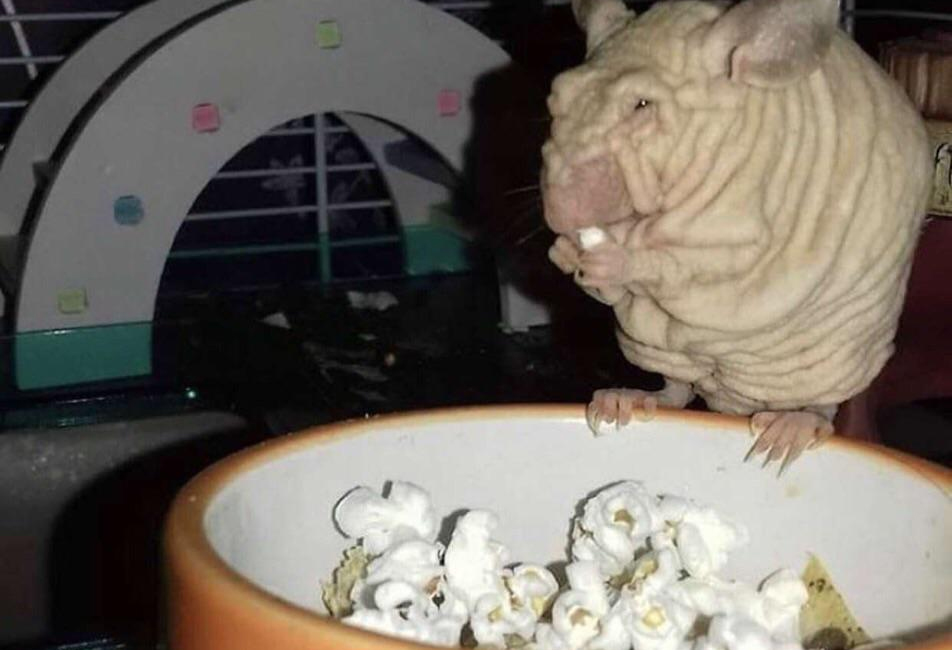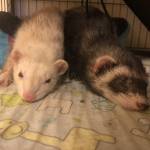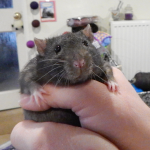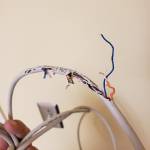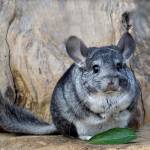If you’re a chinchilla owner, you’ve likely seen your little furball bouncing around the cage, hopping, skipping, and jumping in the air – that’s what we call popcorning. It’s a fascinating behavior that brings joy and entertainment to chinchilla owners. But, have you ever wondered what causes it, or if there are any concerns related to it? In this article, we will discuss everything you need to know about chinchilla popcorning, including its causes, symptoms, and cures.
What is Popcorning?
Popcorning is a behavior exhibited by chinchillas where they jump in the air, twisting and turning their bodies while doing so. This behavior is also known as “binkying” and is a sign of happiness and contentment. Chinchillas usually popcorn when they are feeling playful, excited, or even scared. This behavior is more commonly observed in younger chinchillas but can occur at any age.
What Causes Chinchilla Popcorning?
Chinchillas are active and playful animals that love to run, climb, and jump. Popcorning is a natural expression of their exuberance and energy. When chinchillas are happy and excited, they may suddenly jump and twist in the air, sometimes while running or playing. This movement is similar to the way popcorn pops in a popcorn maker, hence the name “popcorning.”
Chinchillas may popcorn for many reasons, including:
- Playfulness and excitement
- Exercise and physical activity
- Social interaction with other chinchillas or their owners
- Environmental enrichment and stimulation
- Release of pent-up energy and stress
Popcorning is a positive behavior that reflects the physical and emotional health of your chinchilla. However, it is important to note that not all chinchillas popcorn, and some may do it more frequently than others. Factors such as age, temperament, and environment may influence how often and how vigorously your chinchilla pops.
How to Spot Chinchilla Popcorning
Popcorning is a sudden and spontaneous movement that may occur at any time. However, it is more common during active and playful times, such as during playtime, after a bath, or when meeting new chinchilla friends.
When chinchillas popcorn, they may:
- Jump straight up in the air or at an angle
- Twirl or spin in the air
- Flip or roll in the air
- Land back on their feet or on their side
- Repeat the movement several times in a row
Popcorning is a joyful and energetic movement that is impossible to mistake for anything else. If you see your chinchilla popcorn, enjoy the moment and take it as a sign that your chinchilla is happy and healthy.
The Benefits of Your Chinchilla Popcorning
Popcorning is not just a fun and cute behavior to watch; it also has many benefits for your chinchilla’s health and well-being. Here are some of the benefits of chinchilla popcorning:
- Exercise and Physical Activity: Popcorning is a form of exercise that helps your chinchilla maintain good physical health. Jumping and twisting in the air requires agility, balance, and coordination, which help to strengthen your chinchilla’s muscles and bones.
- Mental Stimulation and Enrichment: Popcorning is also a form of mental stimulation and environmental enrichment. Chinchillas need a stimulating and varied environment to keep their minds active and prevent boredom and stress. Popcorning provides your chinchilla with an outlet for their curiosity and energy, which helps to prevent destructive behaviors such as chewing or digging.
- Social Interaction and Bonding: Popcorning is a way for chinchillas to communicate and bond with each other and their owners. When chinchillas popcorn together, they may be showing off or inviting their friends to play. Popcorning is also a way for chinchillas to express their excitement and happiness when they are spending time with their favorite humans.
Popcorning can also be a useful indicator of your chinchilla’s health and well-being. Chinchillas that are feeling stressed or unwell may not have the energy or motivation to popcorn. If you notice a sudden decrease in your chinchilla’s popcorning behavior, it may be a sign that something is wrong and you should take your chinchilla to the vet for a checkup.
How to Encourage Your Chinchilla to Popcorn
If you want to encourage your chinchilla to popcorn more often, there are a few things you can do to create a stimulating and happy environment for your chinchilla:
- Provide plenty of space and toys for your chinchilla to play and explore. Chinchillas love to climb, jump, and run, so make sure their cage or play area is large enough and has plenty of platforms, tunnels, and toys to keep them entertained.
- Spend time with your chinchilla every day. Chinchillas are social animals that thrive on human interaction and attention. Play with your chinchilla, talk to them, and offer them treats and toys to keep them engaged and happy.
- Offer your chinchilla a varied and nutritious diet. Chinchillas need a diet that is high in fiber and low in fat and sugar. Offer your chinchilla a variety of hay, pellets, and fresh vegetables to keep them healthy and happy.
- Keep your chinchilla’s environment clean and comfortable. Chinchillas are sensitive to temperature, humidity, and odors, so make sure their cage is clean, dry, and well-ventilated. Offer them a comfortable and cozy nesting area and plenty of fresh water.
Chinchilla popcorning is a fun and exciting behavior that is unique to chinchillas. Popcorning is a sign that your chinchilla is happy, healthy, and enjoying life to the fullest. By understanding the science behind chinchilla popcorning, you can appreciate this behavior even more and create a stimulating and happy environment for your chinchilla.
Remember that not all chinchillas popcorn, and that’s okay. Chinchillas are individuals with their own personalities and preferences. Whether your chinchilla pops or not, the most important thing is to provide them with a safe, comfortable, and happy environment that meets their physical and emotional needs.

